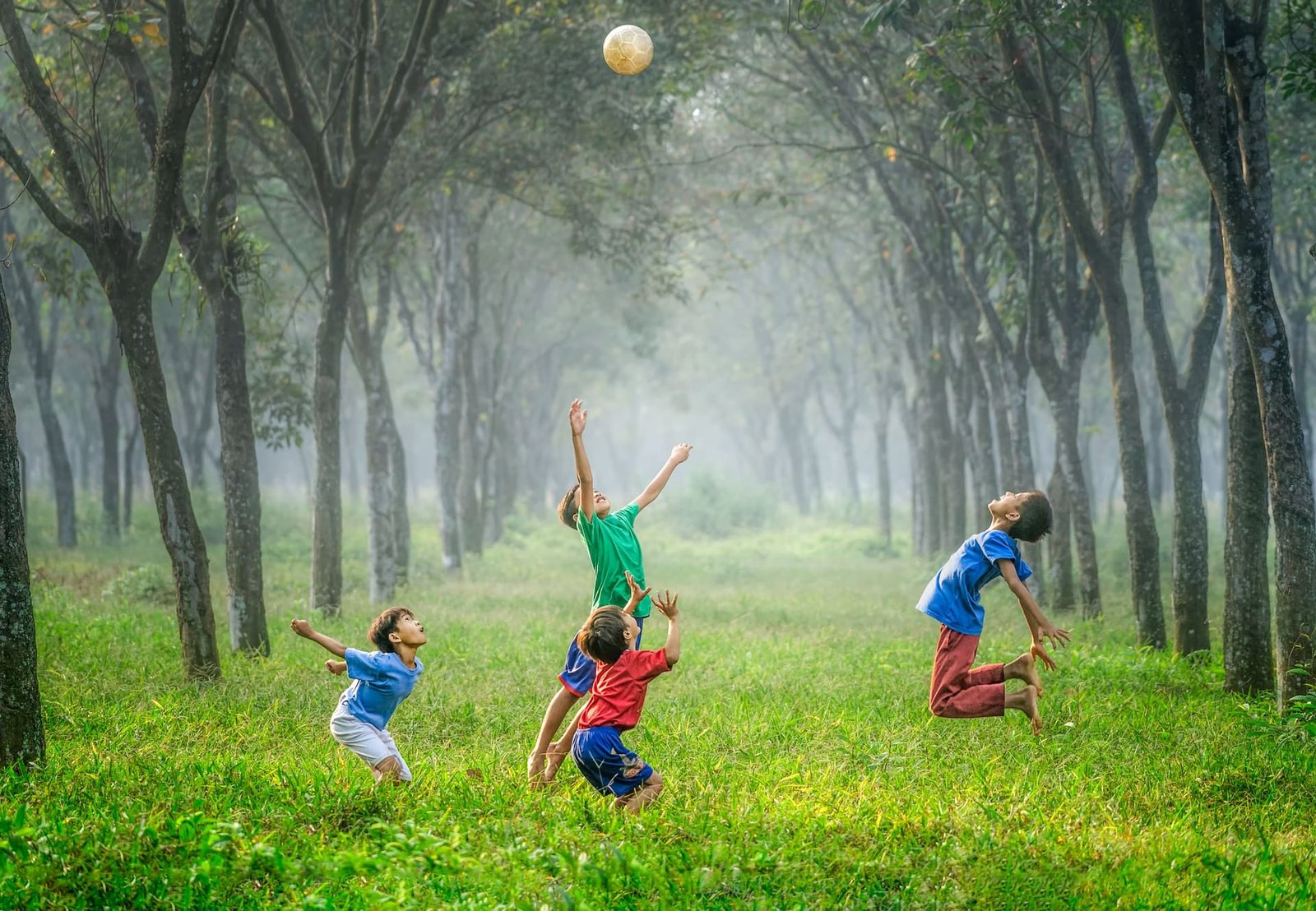Education
Encourage child-led play to develop imagination and motor skills: Psychologists
Child-led play is intrinsically valuable to fostering basic skills and its very much an important part of a child’s learning and development. Dan O’Hare, founder of Edpsy, an online community for educational psychologists, pointed out that play was often seen as a means to an end to demonstrate a child’s social skills.
“Often I think there’s a view sometimes that there’s a right way to play and that right way to play often looks like playing with other children in a cooperative game, but you need to have quite a lot of skills to get to that stage and actually with younger children, its entirely normal for younger children to play by themselves or play next to a child,” O’Hare said.
He explained it was important to recognize the skills that independent play helps a child to develop, such as motor skills as well as negotiation and conflict management skills. “Even rough play which parents can be quick to stop, could help development in terms of allowing a child to learn how to manage their body, strength, balance and risk.” O’Hare argued that parents shouldn’t look to fill their child’s time with activities. “Having down time, having time where there’s boredom is actually pretty good, in terms of managing and learning to entertain yourself, to be creative, to problem solve.”
Over the years, research has associated boredom with increased creativity. Academic s at the University of Central Lancashire, in a study published in 2013, suggested that undertaking a boring task could help someone come up with a more creative solution to a problem because their mind had been able to wander.
The British Psychological Society (BPS) believes play can help develop children’s learning and skills, and is hugely important as a socio-cultural activity and not just because of its relation to learning. O’Hare said the survey highlights the urgent need to prioritize play for the children, and the importance of all children and young people having access to free, high quality and local opportunities for play.
Also Read: Centre open to SC appointing technical committee for Pegasus probe
Melernie Meheux, division’s co-chair, said that given children’s isolation during lockdowns amid the COVID-19 pandemic it is important that play is not taken away from children as a punishment. “Through our personal and professional interactions with children we know the value of play, and how children can struggle when their right to play is curtailed either by the environment or as a form of punishment.”
The survey also found that parents were relatively risk adverse with their children’s play, which reduced the amount of adventurous play they were allowing. This includes play with an element of risk, such as climbing trees or riding a bike fast downhill.








































